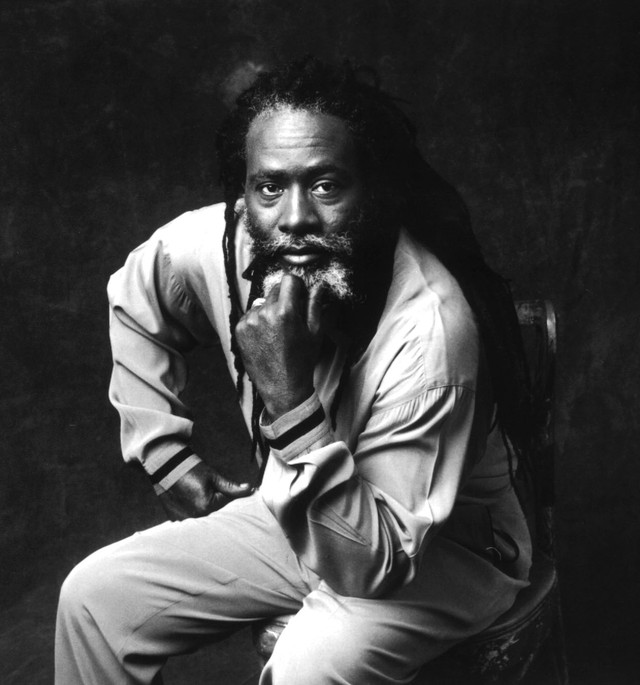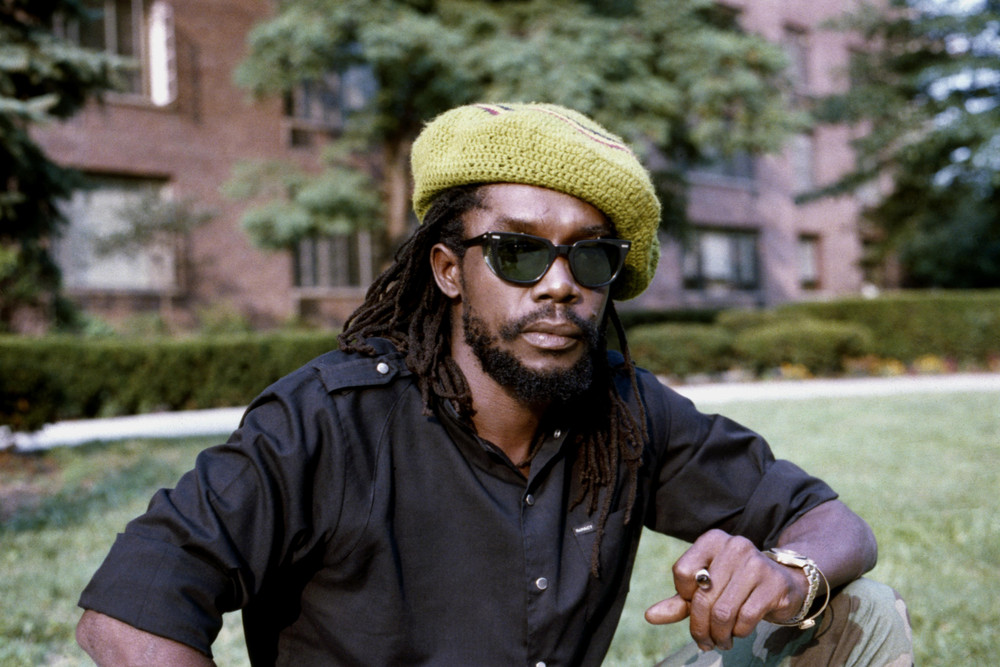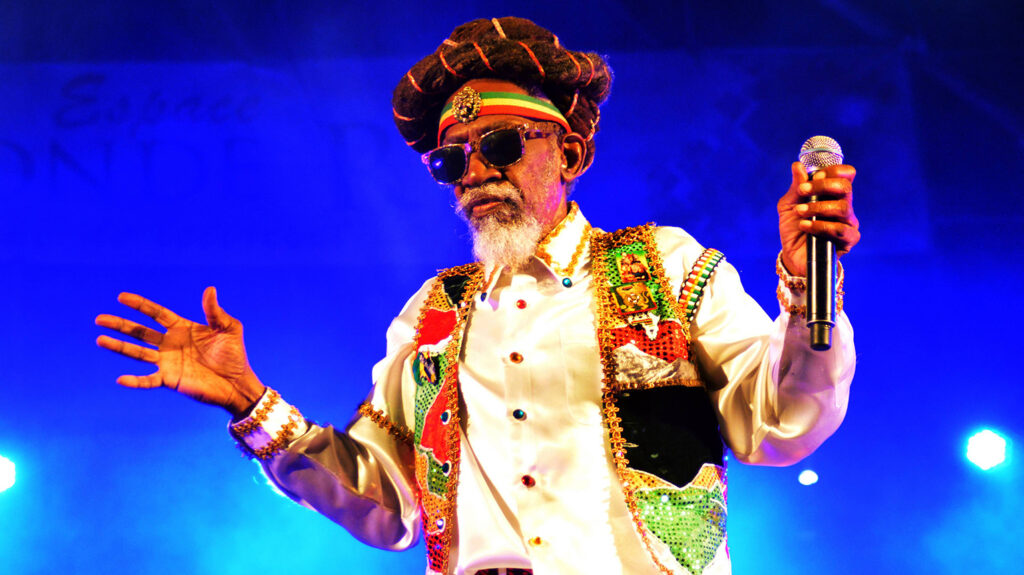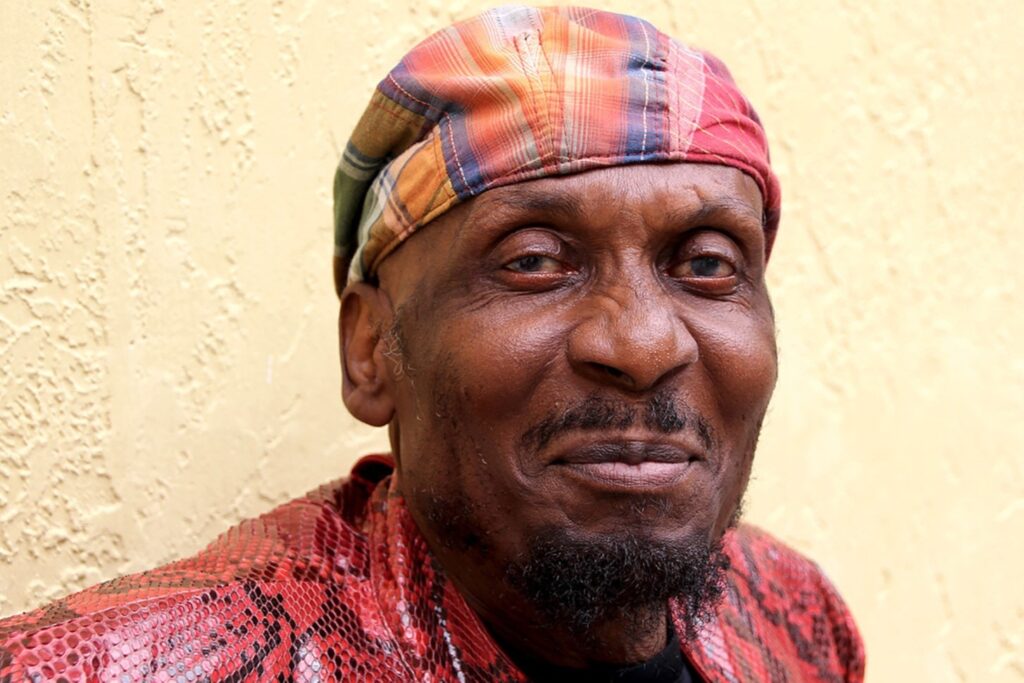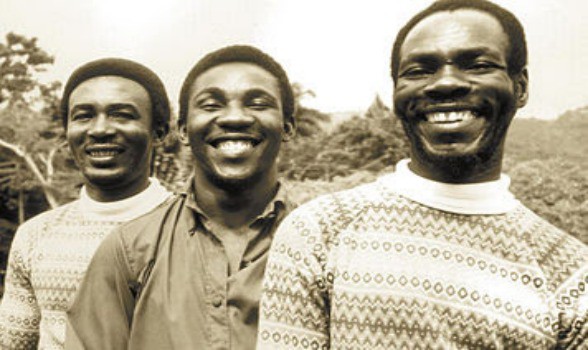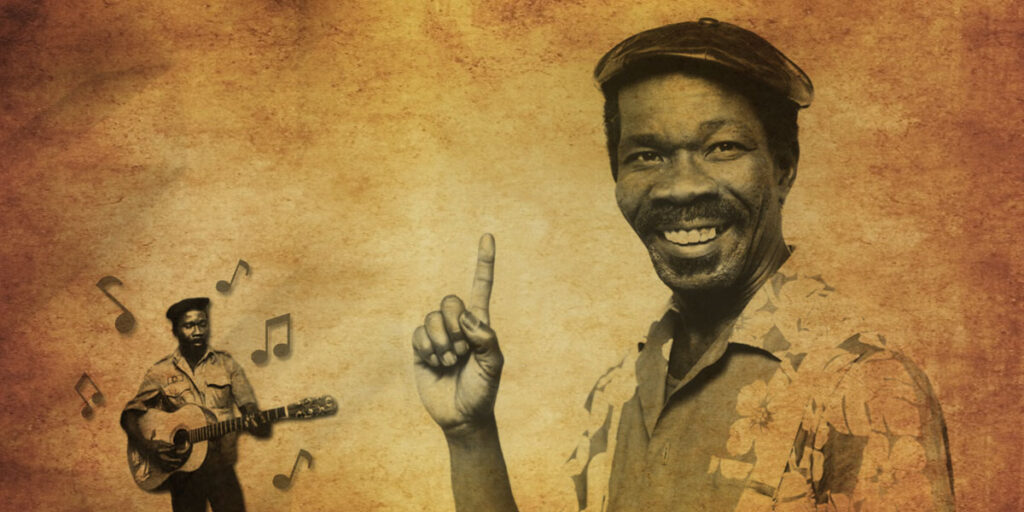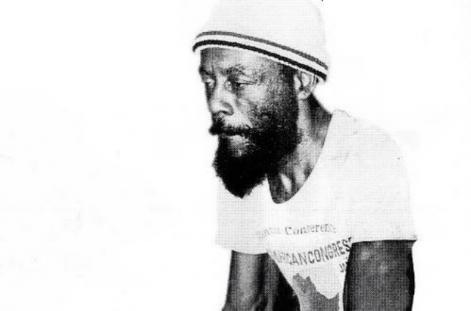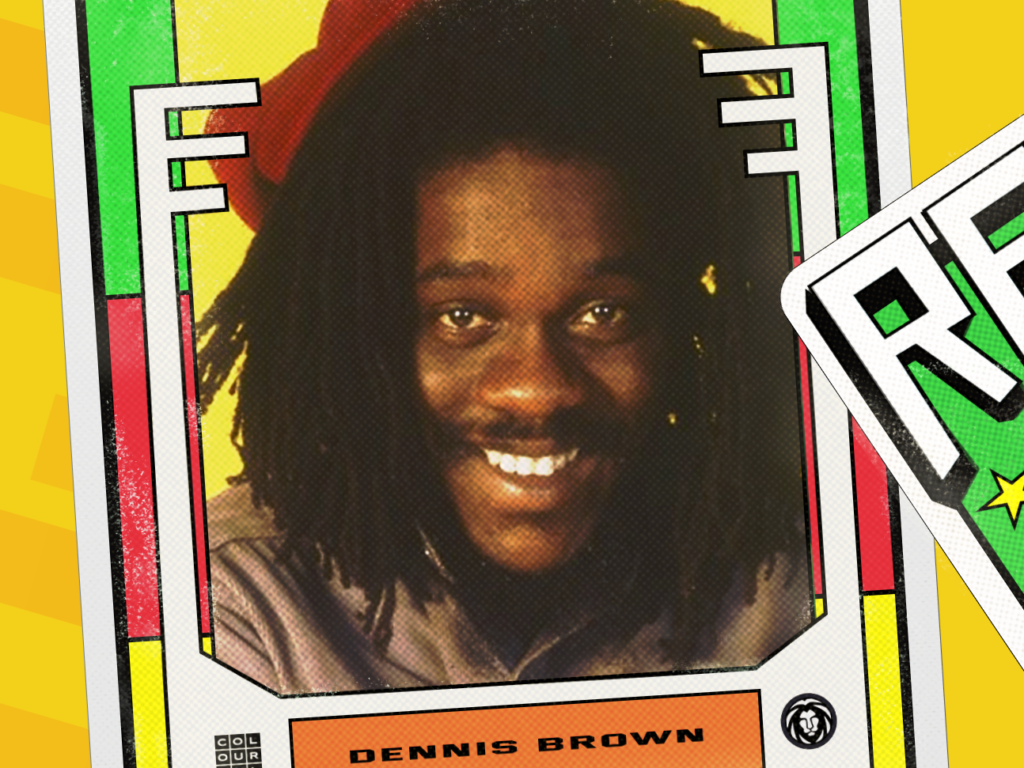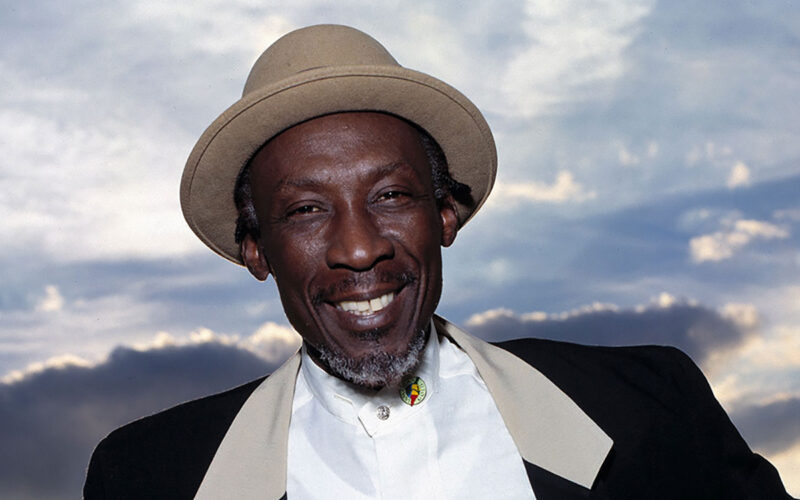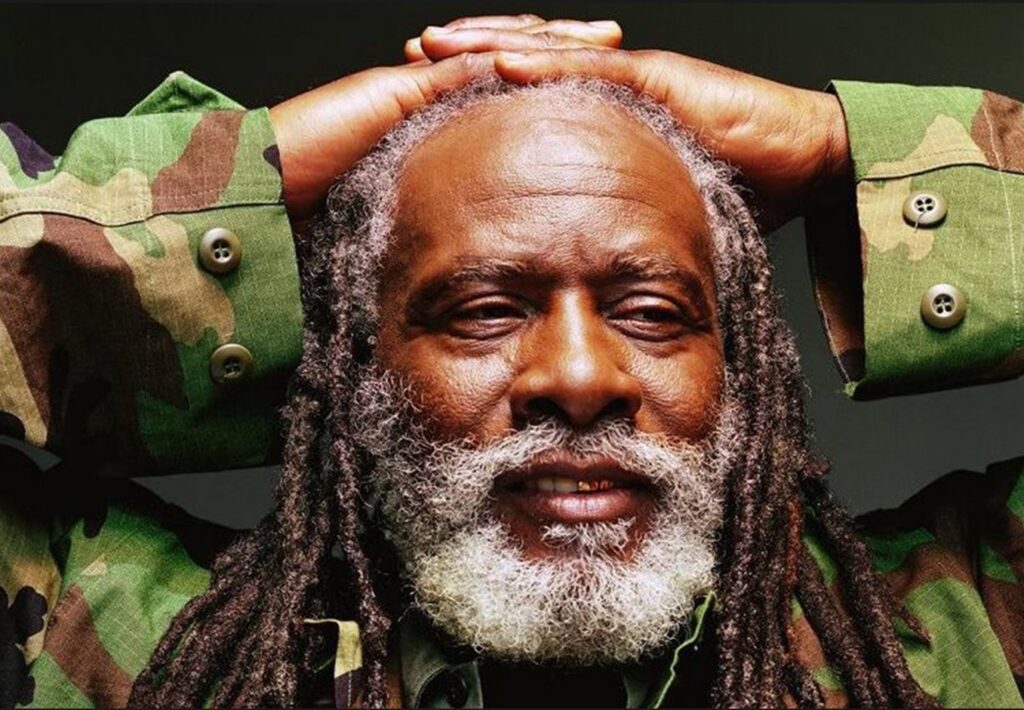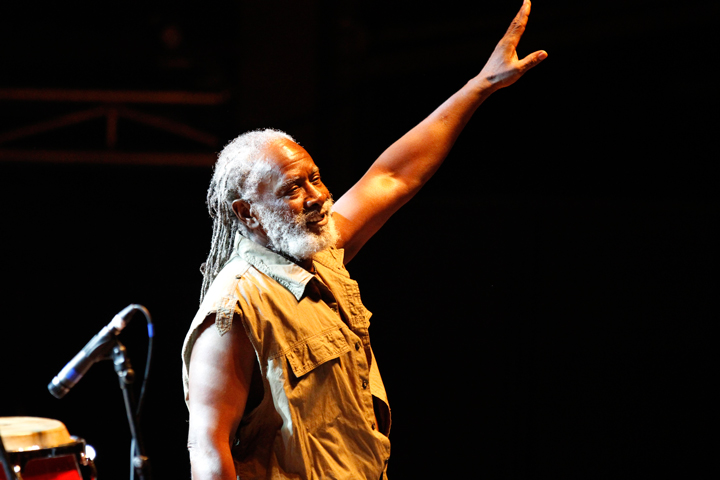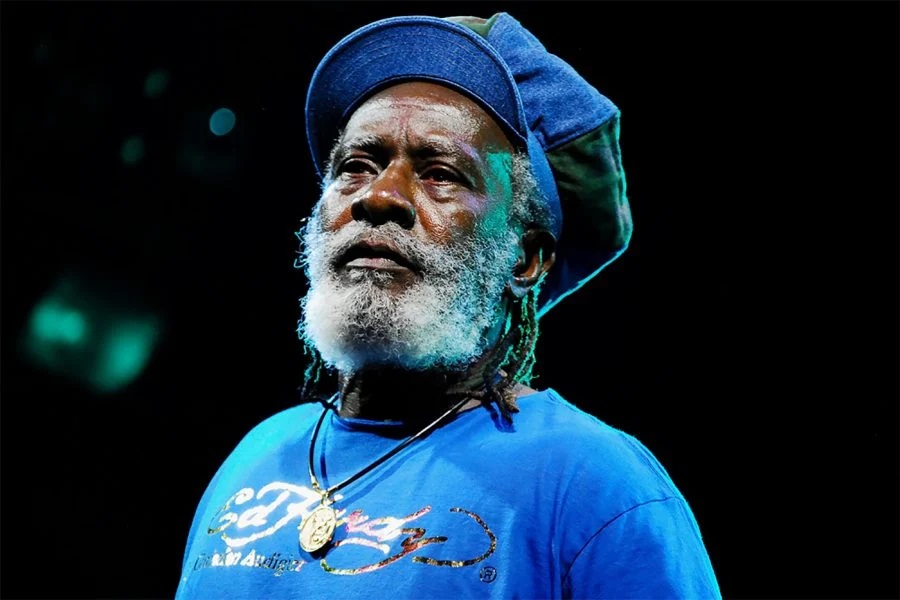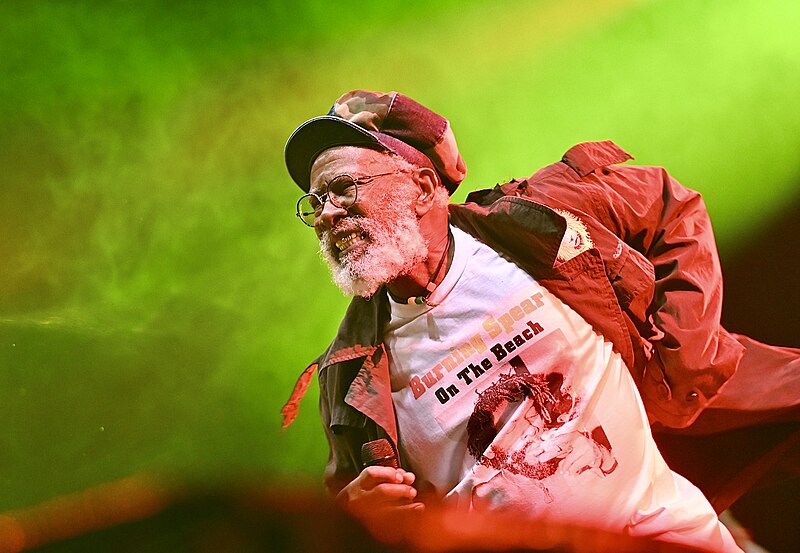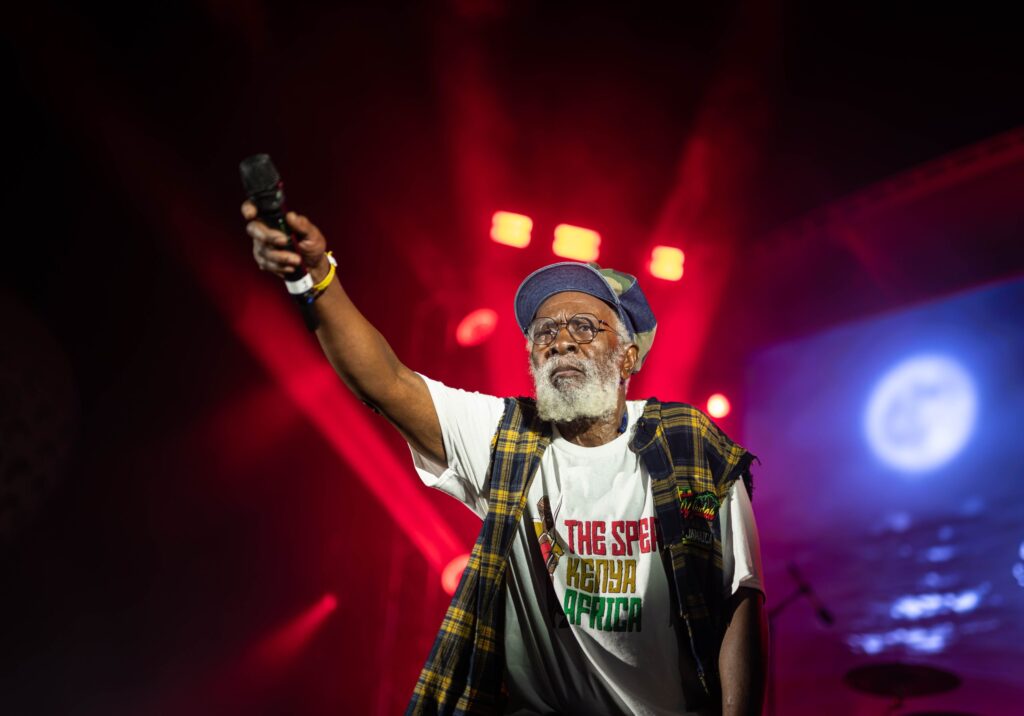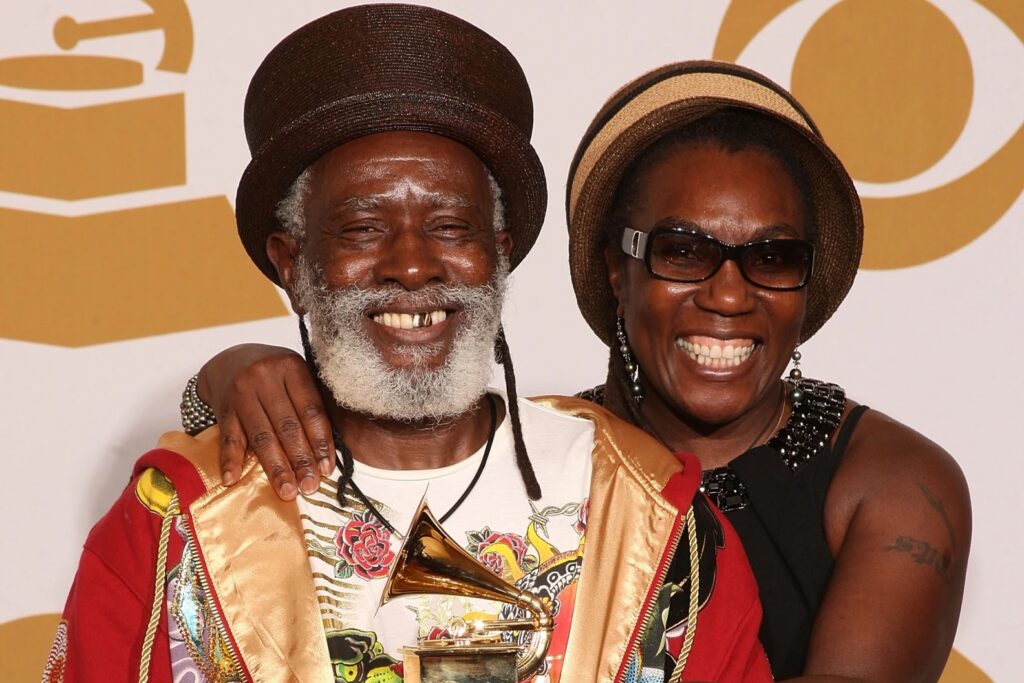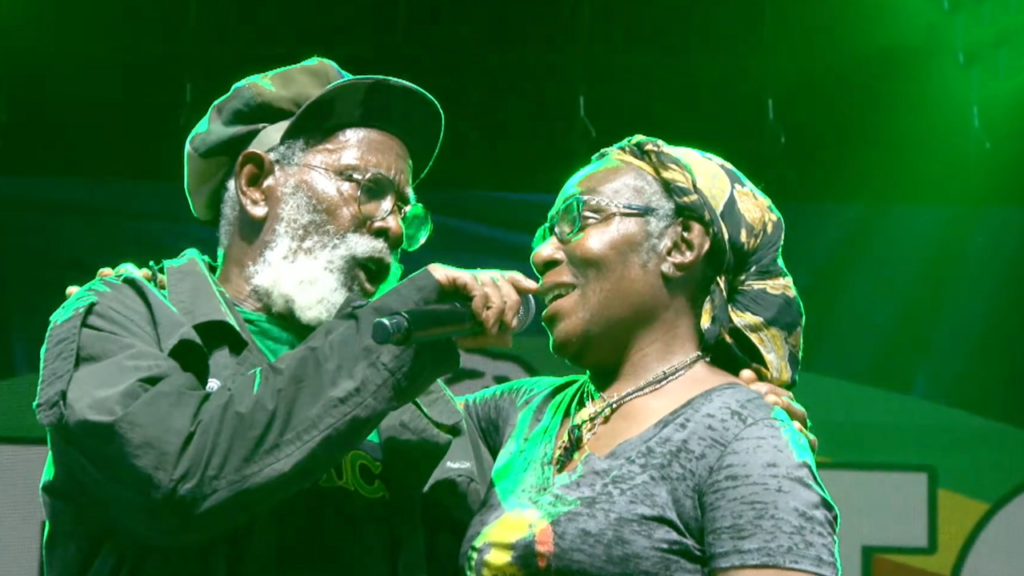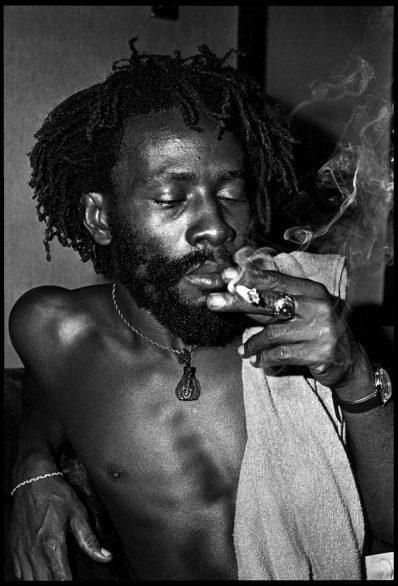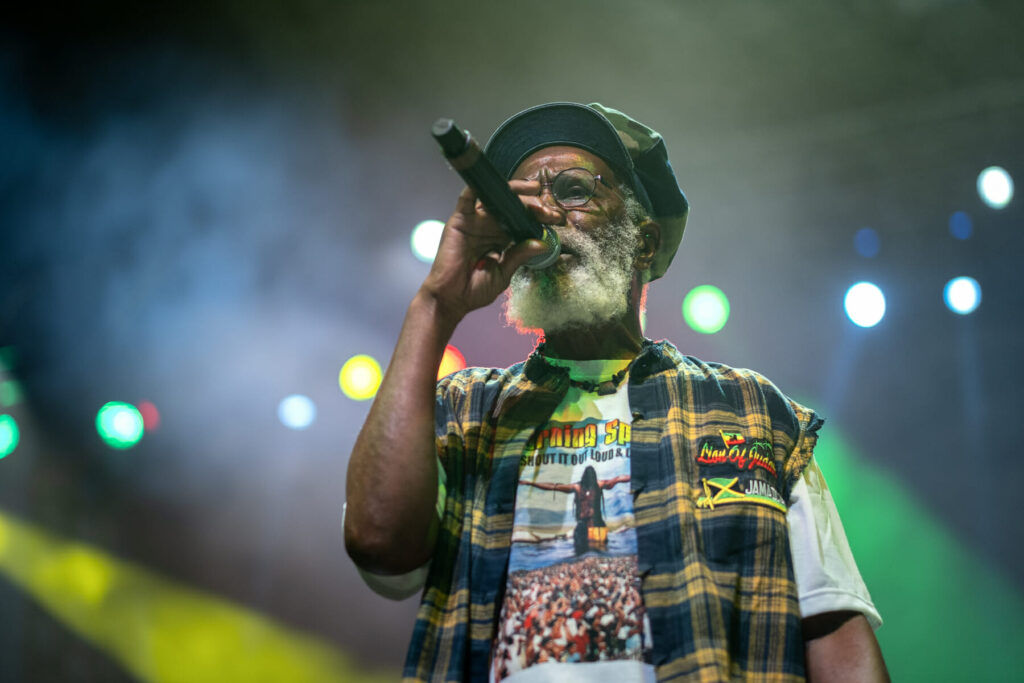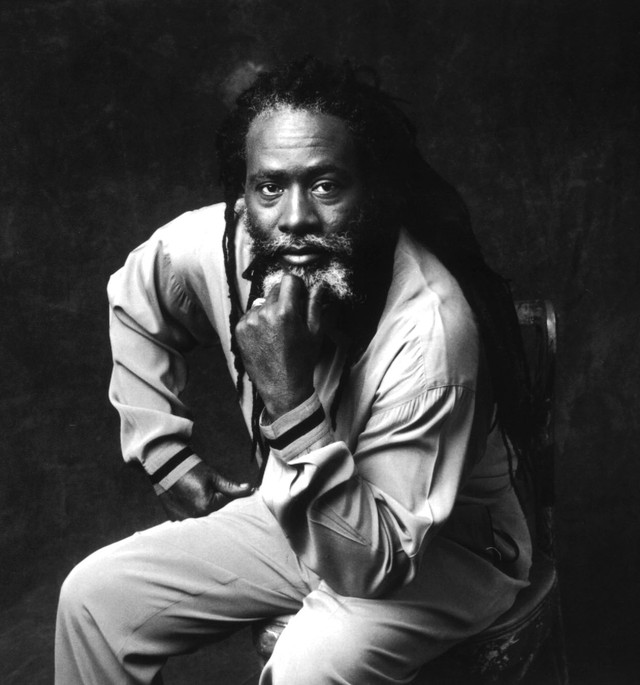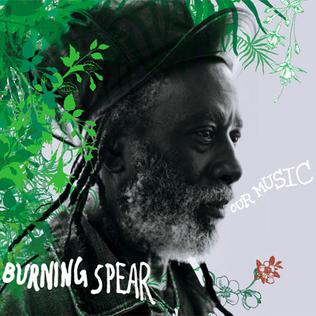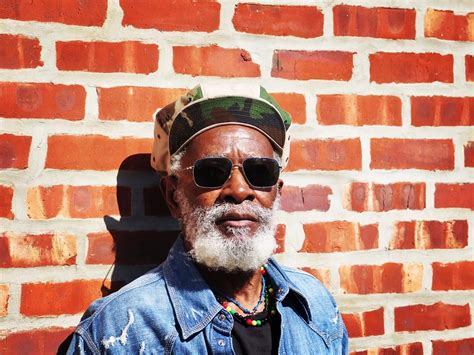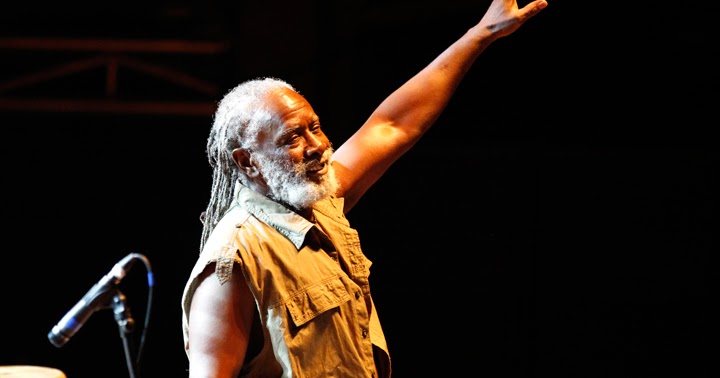Reggae music has often been a channel for expressing the emotional and cultural currents of its time, and no artist exemplifies this more than Burning Spear. Known offstage as Winston Rodney, Burning Spear is not just a musician but a storyteller, a historian, and a revolutionary whose lyrics carry the weight of his profound messages. In this deep dive, we’ll explore the layers of meaning behind Burning Spear’s music, providing insight into his powerful messages about history, spirituality, and resistance.
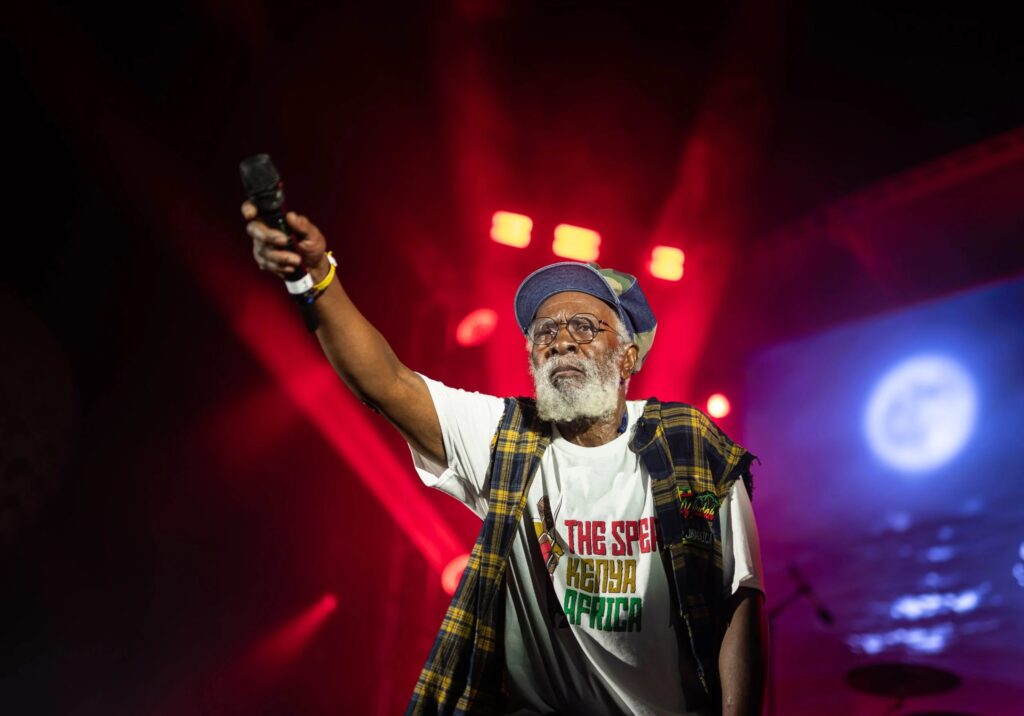
The Roots of Burning Spear’s Music
Winston Rodney, born in 1945 in Saint Ann’s Bay, Jamaica, began his musical career in the tumultuous socio-political landscape of the 1960s. His stage name, inspired by Jomo Kenyatta—“The Burning Spear of Kenya”—signals the fiery nature of his music and its purposes. From the outset, his songs served as vessels for conveying Rastafarian teachings, the struggles of African descendants, and the calls for resistance and revolution.
1. The Historical Consciousness
“Columbus”
One of Burning Spear’s most straightforward and compelling songs is “Columbus,” a track that challenges the historical narratives commonly taught about the discovery of the Americas. The lyrics, “Christopher Columbus is a damn blasted liar,” reflect Rodney’s denouncement of the glorification of colonial figures and the distortion of history. This song is a call to reclaim history from the perspective of those who suffered its darker consequences.
“Marcus Garvey”
The song “Marcus Garvey,” named after the Jamaican political leader and proponent of the Black Nationalism and Pan-Africanism movements, serves as a rallying cry for black unity and self-determination. Burning Spear uses his lyrics to paint Garvey as a visionary who “came with a message for everyone,” urging his listeners to recognize and draw inspiration from Garvey’s life and mission.
2. Spiritual and Cultural Identity
“Jah Nuh Dead”
In “Jah Nuh Dead,” Burning Spear asserts the enduring presence and relevance of Jah (God) in the modern world, contradicting the notion that spiritual beliefs are outdated. This song is particularly powerful in its live performances, where Rodney uses it to connect deeply with his audience’s sense of faith and resilience.
“African Teacher”
Burning Spear’s song “African Teacher” highlights the importance of African-centered education and the need to understand African history and contributions to civilization. The lyrics promote the teachings that come from Africa, suggesting that true wisdom and guidance in life can be drawn from its rich traditions and histories.
3. Resistance and Liberation
“Slavery Days”
Perhaps one of his most poignant songs, “Slavery Days” asks listeners to reflect on the impacts of slavery and how its legacy continues to affect descendants today. The song’s haunting question, “Do you remember the days of slavery?” serves as a powerful reminder not to forget the past but to use it as a foundation for building a freer future.
“Not Stupid”
“Not Stupid” is a declaration of enlightenment and self-awareness. In this song, Burning Spear voices a strong refusal to be deceived or oppressed by prevailing powers. It’s a statement about waking up to reality and claiming one’s right to think and act freely.
4. Social Justice
“We Are Going”
“We Are Going” addresses the theme of repatriation, which is a significant aspect of Rastafarian ideology. It speaks to the desire to return to Africa, the ancestral land, viewing it as an act of justice and healing from the scars of diaspora and displacement.
5. Global Unity and Peace
“Appointment With His Majesty”
This song is an invitation to a spiritual meeting, symbolizing unity and peace among all people. It underscores Rodney’s vision of global solidarity and spiritual reunion, themes that are consistent with his calls for universal love and respect. Capture the spirit of the legendary Burning Spear with our apparel, here.
Conclusion: The Power of Burning Spear’s Words
Burning Spear’s contribution to music and culture goes beyond entertainment. His lyrics are a blend of prophetic messages, historical corrections, and calls to action. They encourage us to question, understand, and act upon the injustices of the past and present. Through his powerful voice and relentless spirit, Burning Spear not only shapes the sound of reggae but also carves out a space for critical reflection and revolutionary thought.
As we listen to Burning Spear’s music, we are not merely hearing rhythms and rhymes; we are engaging with a discourse that challenges us to rethink history, identity, spirituality, and resistance. His music is an invitation to all who hear it to embark on a journey of learning and liberation. Let’s keep this conversation alive, as each song offers a lesson, a story, and a call to action that resonates through time.
Join the movement, celebrate the legacy, and rock the stage with our dynamic collection today!
https://zionwake.com/
source: https://www.uvm.edu/~debate/dreadlibrary/maccuaig.html
